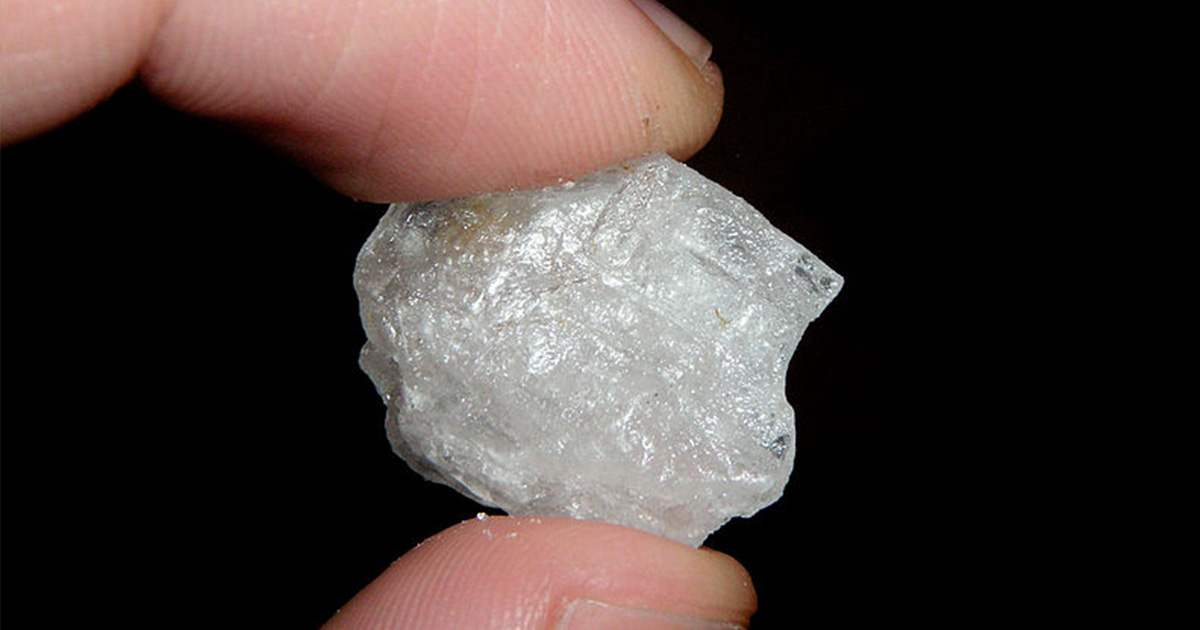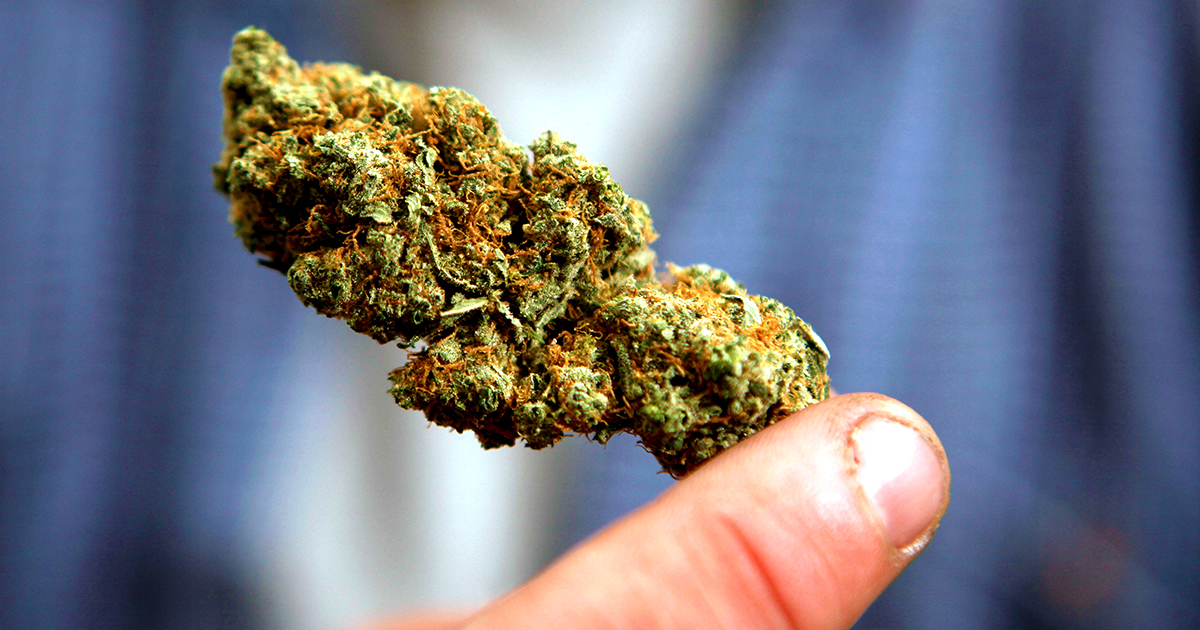This Senator's Claims About Flavored Drugs Is Dangerous

By:
On Tuesday, Sen. Diane Feinstein (D-Calif.) introduced a bill that would increase criminal penalties for drug dealers who alter substances in an effort to entice children. However, the measure is raising concerns from critics who say the issue is less-than-pressing and that the bill could result in misdirected penalties.
"There are many instances of of drug deals altering flavor and packaging of cocaine or methamphetamines to appeal to children," the senator tweeted on Thursday. And in a follow up tweet, Feinstein unveiled her solution: the Protecting Kids from Candy-Flavored Drugs Act, which was co-sponsored by Chuck Grassley (R-Iowa).
At face value, it might seem reasonable to put drug dealers who target children away for longer than those who sell to adults. But some drug policy experts have raised concerns about who would actually be impacted by the bill, which mandates 10 to 20-year sentences for dealers who knew, or "had reasonable cause to believe, that "the modified controlled substance would be distributed to a minor."
What kind of drugs are we really talking about?
 Wikimedia - wikimedia.org
Wikimedia - wikimedia.org
In 2007 and 2008, there were a few reports about candy-flavored cocaine emerging on the black market. A number of law enforcement officials made the case that these infused products were being marketed to children — but it's also distinctly possible that dealers were diluting their product for the sake of profit. After all, the market for cocaine or methamphetamine among minors, flavored or otherwise, is negligible and declining.
"Those are not popular commodities to sell to children," Sanho Tree, director of the Drug Policy Project at the Institute for Policy Studies, told ATTN:. "Why risk already severe penalties for some kid's lunch money?"
Less than four percent of 12th graders in the U.S. used cocaine in 2016, and less than two percent used methamphetamine, according to the latest survey from the National Institute on Drug Abuse.
 Wikimedia Commons - wikimedia.org
Wikimedia Commons - wikimedia.org
"This reminds me of the horror stories that you hear every Halloween — where you have people handing out these infused products to children," Daniel Shortt, an attorney who focuses on cannabis law at the firm Harris Bricken, told ATTN:. "There's really no data supporting that that happens."
"Everyone is concerned," Shortt said. "Yes, that's horrifying to think that a child would be given methamphetamine in a lollipop, but I frankly don't have reason — I have no seen data to show me that that is something that's happening at an alarming rate, or to the extent where we need to have a specific law to address candy-flavored drugs when there are already increased penalties for distributing to a minor."
The bill could disproportionately impact marijuana dealers on the black market, and possibly dispensaries in legal states.
 AP/Robert F. Bukaty - apimages.com
AP/Robert F. Bukaty - apimages.com
The text of the bill states that it would be applied to people who sell federally illegal drugs to minors that are:
- Combined with a beverage or candy product,
- Marketed or packaged to appear similar to a beverage or candy product, or
- Modified by flavoring or coloring to appear similar to a candy or beverage product.
"That's broad," Shortt said. "I worry about how that could applied to marijuana-infused edibles" — which are commonly combined with beverages or infused in candies, colorful packaging and all. Which means one possible outcome of this law is severe sentencing for dealers and dispensaries that knowingly or inadvertently sell a marijuana edible to someone under 18.
Do you know someone who has used candy-flavored cocaine?
p.p1 {margin: 0.0px 0.0px 0.0px 0.0px; font: 12.0px Helvetica}
